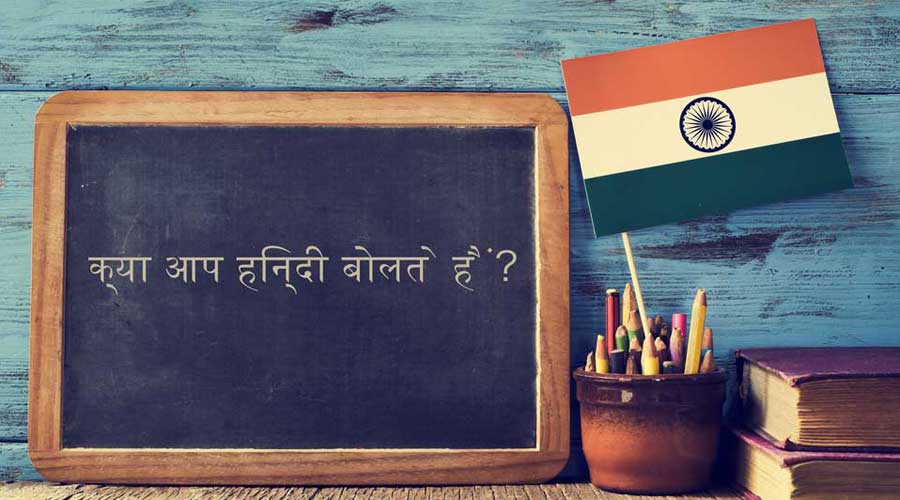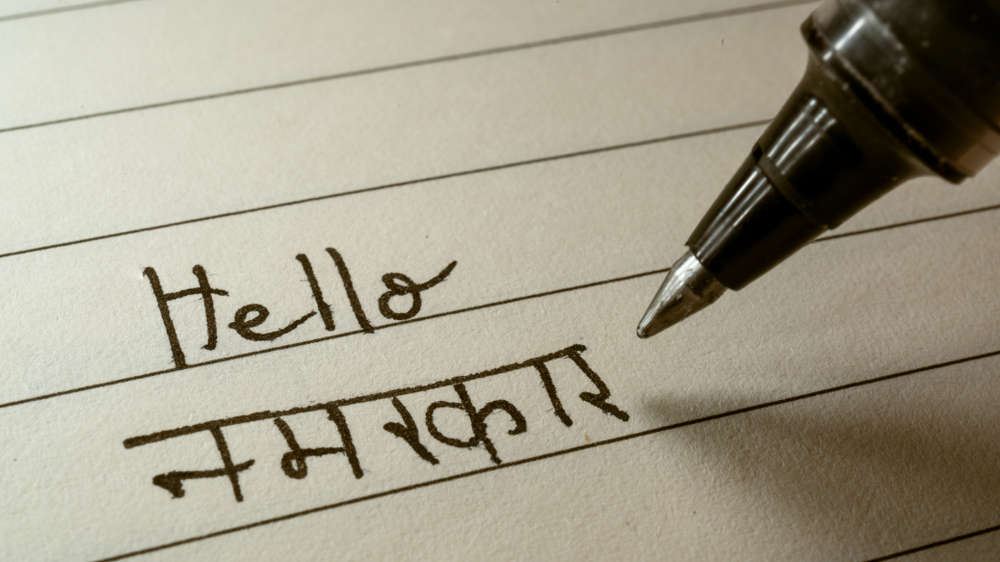When Prime Minister Narendra Modi announced in April the launch of the “Tika Utsav”, chances are that the wicked in Karnataka must have chortled, the prim-and-proper souls cringed, and some others looked away poker-faced to hide their embarrassment.
For Modi and Hindi-speaking citizens, “tika” has come to mean vaccination, especially the Covid doses. In Kannada, the word means “posterior”.
The BJP government in Karnataka sat on its haunches all these months, grinning and bearing the titters and worse. But last month, the resolve dissolved and the Covid vaccination drive was named Lasika Utsava.
“Lasika” in Kannada means inoculation.
No reason was ascribed to the name change. But sources have now confirmed that the state government had received ample feedback that “Tika Utsav” was fast becoming the butt of ridicule in Karnataka.
For many, the episode is no laughing matter but a telling pointer to the insensitivity with which the Centre has been pursuing its language policy. There is nothing wrong in using “tika” in Hindi-speaking regions and in Hindi correspondence but the word is replicated in the English message to the nation that still features on the official website, PMIndia.
Neither does the language disconnect end with the Covid vaccination campaign. Tithi Bhojan, the name of a sub-scheme of the school midday meal programme, now renamed PM Poshan, has enraged writers and activists in Karnataka who see it as a mark of insensitivity and another attempt to impose Hindi.
“Tithi” in Kannada mostly signifies the oblations offered to the dead, with its literal meaning being “date”. “Tithi Bhojan” would signify a shradh meal in Kannada.
“Just think how schoolchildren in Karnataka would henceforth be having tithi oota (‘oota’ meaning ‘meal’ in Kannada) at school. Nothing can be more insensitive than coining these names without crosschecking with states,” Kannada writer and filmmaker T.K. Dayanand told The Telegraph on Friday.
The central scheme Tithi Bhojan, which encourages community participation in providing meals to children on any specific day, seems to have relied on the Hindi connotation of “tithi”, which often signifies a happy or auspicious occasion such as an anniversary or the celebration of success.
Dayanand feels that the names are part of the NDA government’s “drive to impose Hindi” and to give “undue credit” to the Prime Minister for every social scheme in the country.
“In their overzealousness to brazenly impose Hindi, the Union government is not even bothered to double-check what these words mean in the different states,” said Dayanand, who had in 2016 rejected the Karnataka Sahitya Academy award to protest the rising intolerance in the country.
Author and Dalit activist Mahesh Chandra Guru slammed the Centre for “insulting the sentiments of Kannadigas”.
“By imposing these Hindi words on projects rolled out across the country, the NDA government has insulted the sentiments of Kannadigas. Visualise the scene when a parent asks a child whether she or he had ‘tithi oota’ in school knowing full well what it means,” he told this newspaper.
“India is a pluralistic country which demands communication campaigns in all state languages. But this government is working against the spirit of federalism and pluralism and thus violating the constitutional provisions.”
Dinesh Kumar of the Karnataka Rakshana Vedike, an organisation that has been fighting against the imposition of Hindi, said this was an example of how the NDA government treated non-Hindi-speaking states.
“This is the ‘Hindi-only’ agenda of Nagpur (the RSS headquarters). While the Congress also did this to a certain extent, the BJP has been aggressively pursuing the imposition of Hindi without a thought for the linguistic and cultural interests of the states,” Kumar said.
“This deserves condemnation from all right-thinking people since the BJP is using taxpayers’ money to further homogenisation at the cost of diversity and pluralism.”
Some social media users have commented on the issue. “Thanks to Hindi imposition… Karnataka students will have tithi oota from now on… First it was Tika Utsav and now it’s tithi oota,” tweeted Abhishek C. Raveendra.
“From Tika Utsav to Tithi Bhojan. How the eagerness to label or relabel programmes can have hilarious consequences in local terms! In Kannada language Tithi Bhojan is (the) same as shradh meal,” Ananda Gundurao weighed in.
“I don’t understand the intention of renaming existing schemes. I’m sure the people of Karnataka will be embarrassed if their children are welcomed with tithi bhojan on festival days,” Subbu Iyer added.


